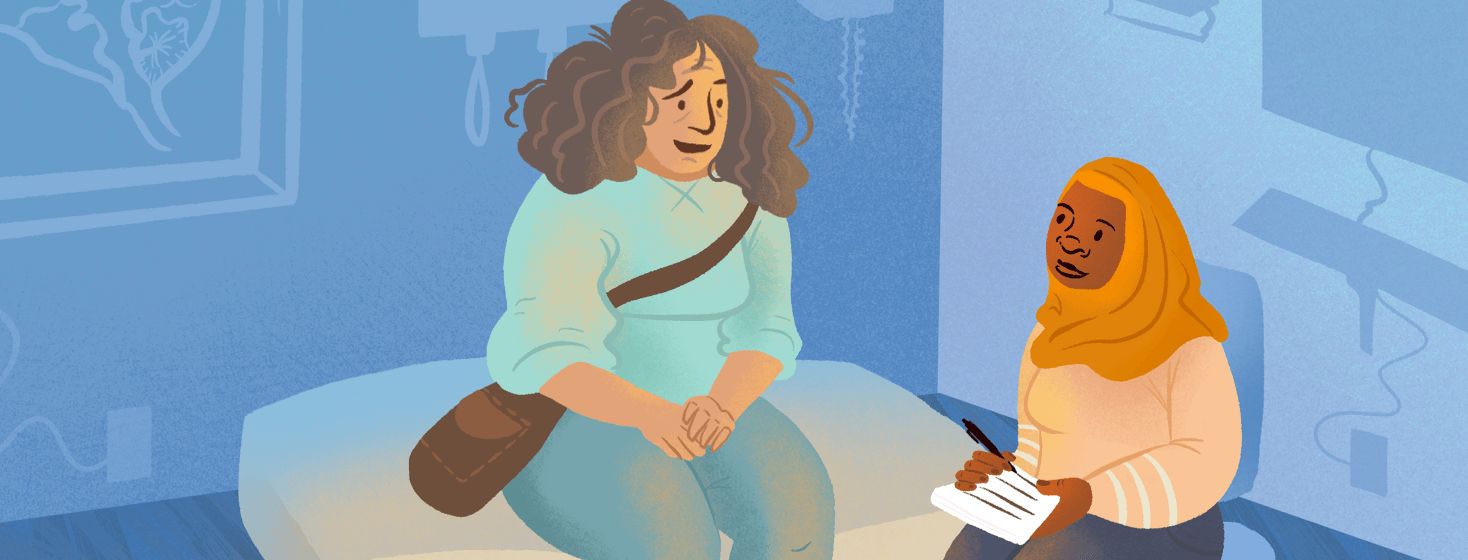Why You Need a Support Person During Doctor's Visits
Any visit to your doctor's office, let alone the first appointment, can be a nerve-wracking experience. You can make lists, practice your questions out loud, and take other measures, but these visits are often too short, forcing your physician and you to be concise. Having a support person with you at the appointment will help in several ways, including:
Helping to calm your nerves
Some people get nervous when they go to the doctor, especially if their symptoms have been ignored or dismissed before. Bring a supportive loved one with you, ideally, a family member who understands the full impact migraine disease and other headache disorders have on your life. Their help will ensure you stay focused and the doctor answers all of your questions.
Asking follow-up questions
You may be focused on your list of questions or be overwhelmed by the volume of information neurologists and headache specialists often share with their patients. When someone is with you at their office, they can ask follow-up questions about new medications and treatments. That way, you're more prepared when you start a new therapy.
Bringing up all symptoms and concerns
Chronic pain, including cluster headaches and migraine disease, comes with a myriad of symptoms. You're used to your house being on fire, and when another flame sprouts up in the kitchen, it's just another day for you. You may not notice all of the ways your headache disorder affects your day-to-day life, but your loved ones do. Your support person can point out the issues you face during and after migraine or cluster headache attacks that are seemingly minor to you. These details help your doctor understand the bigger picture and push them to try different treatments and therapies.
Remembering details from the appointment
Some patients (including myself!) forget half of the vital information from the visit when they leave the doctor's office. Taking notes can avoid this issue, but it may pull you away from the conversation. You need to be present to share your symptoms or side effects from current medications. Together, you and your support person can glean more from the visit and remember the important details.

Join the conversation